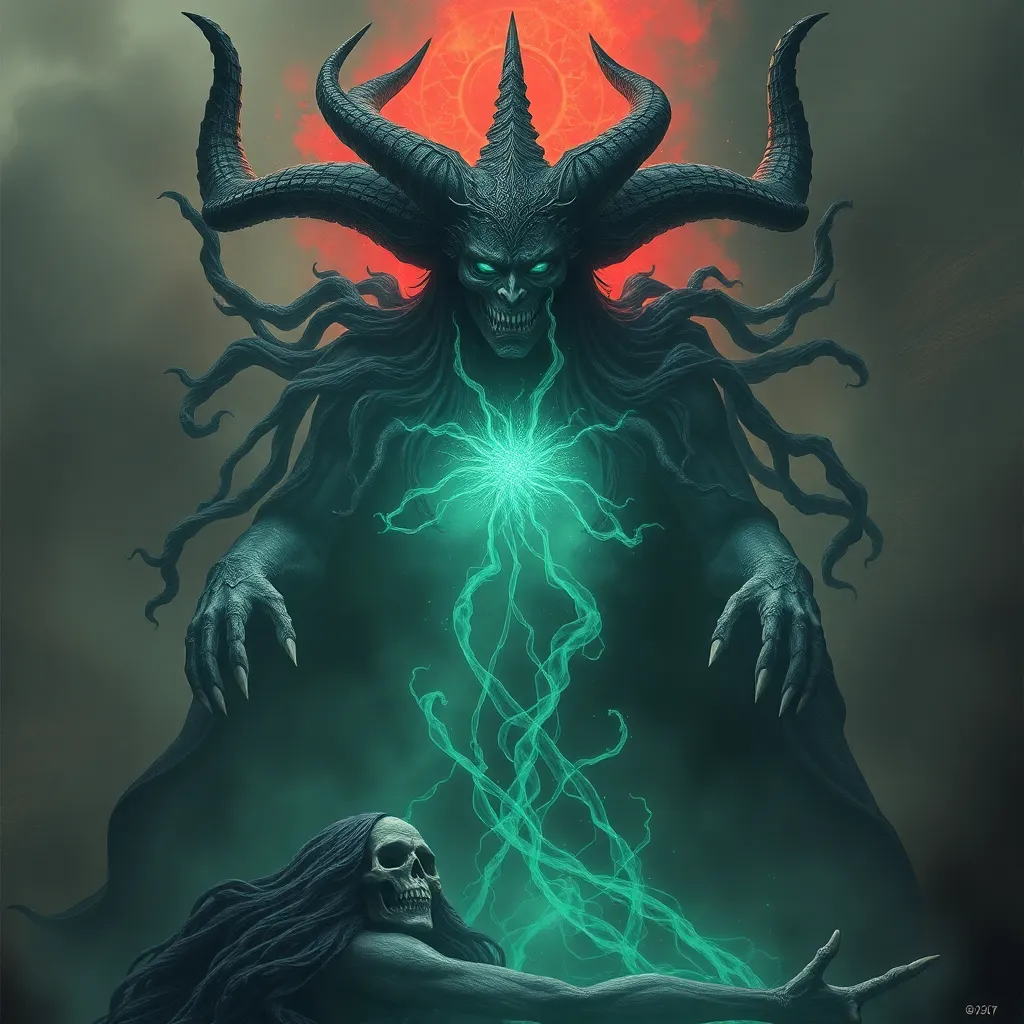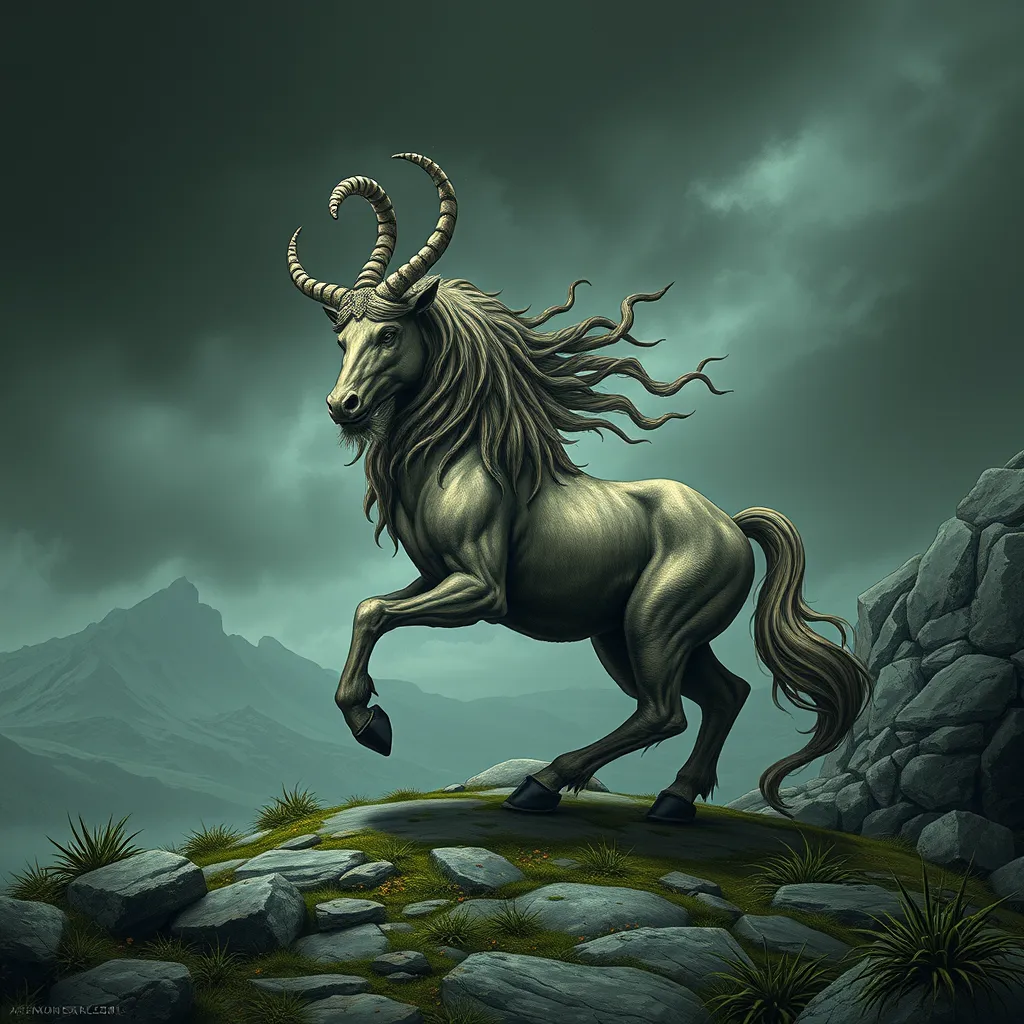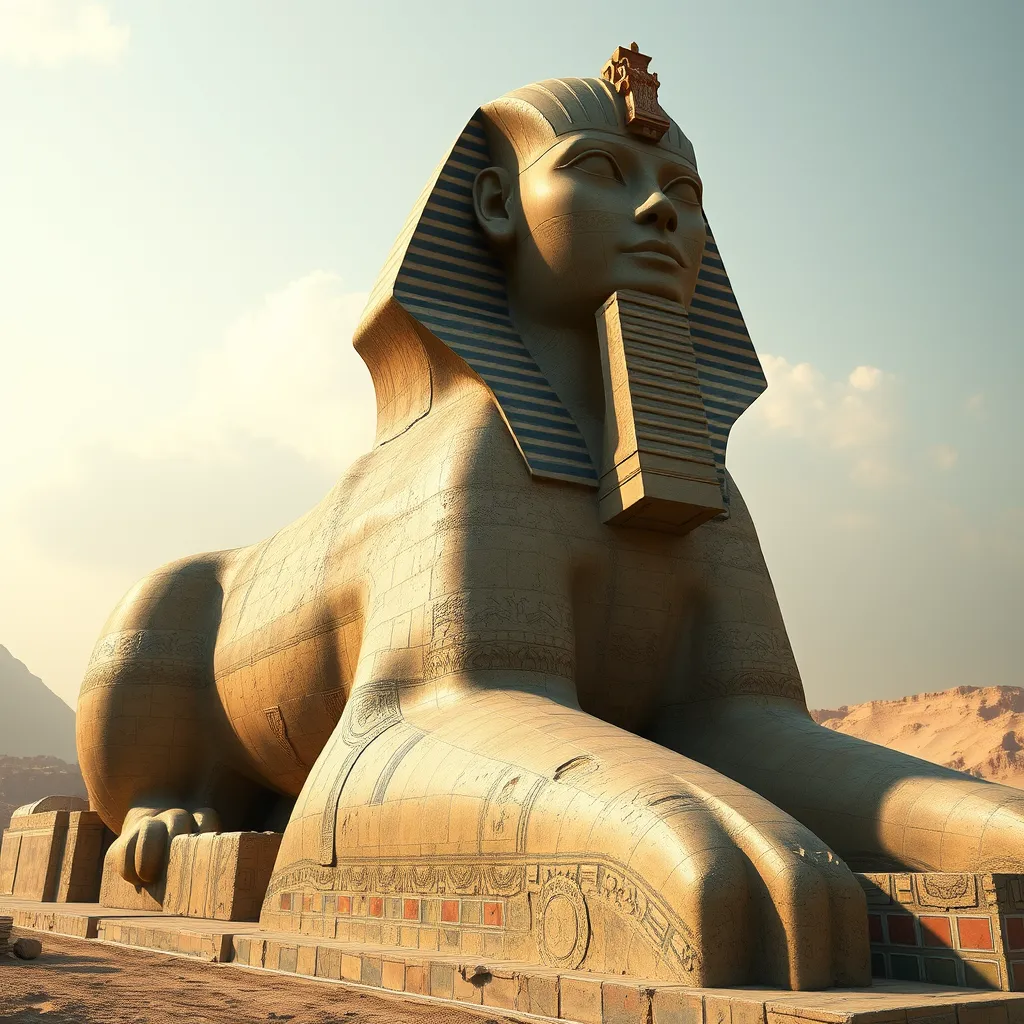The Orcish View of Death & the Afterlife: Examining Orcish Beliefs About the Transition to the Next Life
I. Introduction
Orcish culture is rich and complex, shaped by a history of struggle, honor, and a deep connection to the natural world. At the heart of this culture is a unique perspective on death and the afterlife, which plays a crucial role in their societal values and practices. Understanding Orcish beliefs about death is essential for grasping their worldview and the importance they place on honor and valor.
This article aims to explore the intricacies of Orcish beliefs regarding death, the rituals surrounding it, and the profound impact of ancestors in shaping their views of the afterlife. By delving into these beliefs, we can gain a deeper appreciation for the Orcish perspective on the transition to the next life.
II. Historical Context of Orcish Beliefs
The Orcish view of death has evolved significantly over the ages, influenced by both internal developments and external interactions. Initially, Orcish spirituality was rooted in animism, where every aspect of nature was believed to possess a spirit. This belief system laid the groundwork for their understanding of life and death.
Over time, as Orcs came into contact with neighboring cultures, their beliefs began to incorporate elements from those societies. For example, the reverence for ancestors and the concept of an afterlife were influenced by interactions with Elven and Human cultures. Key historical events, such as great wars and migrations, also shaped the Orcish perception of death, further intertwining their beliefs with the realities of their existence.
III. Core Beliefs About Death in Orcish Culture
In Orcish culture, death is viewed as a natural part of the life cycle. It is not feared but respected as a transition rather than an end. This understanding fosters a sense of acceptance among Orcs, allowing them to approach death with honor.
- Honor and Valor: Central to Orcish beliefs is the significance of honor in life and death. Orcs believe that how one lives determines the nature of their death and what follows. A valiant life leads to a glorious death, which is celebrated among their kin.
- Role of Ancestors: Ancestors hold a pivotal role in shaping Orcish beliefs about death. The living maintain a connection with their ancestors, who guide them through life and provide protection in the afterlife.
IV. Rituals and Practices Surrounding Death
Orcish death rituals are a vital expression of their beliefs and values. These rituals serve to honor the deceased and facilitate their transition to the afterlife.
- Common Death Rituals: When an Orc dies, a series of rituals are performed, including communal gatherings where stories of the deceased’s life and achievements are shared. These gatherings reinforce community bonds and honor the memory of the departed.
- Burial and Memorial Practices: Orcs typically bury their dead in sacred grounds, often accompanied by personal belongings that reflect the individual’s life. Memorial markers may be erected to commemorate their legacy.
- Role of Shamans: Shamans and spiritual leaders play a crucial role in death rites, conducting ceremonies that help guide the spirit of the deceased to the afterlife. Their connection to the spiritual realm is believed to ensure a safe passage.
V. The Concept of the Afterlife
The Orcish view of the afterlife is rich with symbolism and meaning. Orcs believe in a realm where the spirits of the honored dead reside, engaging in eternal pursuits that reflect their values in life.
- The “Great Hunt”: Central to Orcish spirituality is the concept of the “Great Hunt,” where the spirits of the noble dead are believed to join the eternal hunt in an expansive, wild land. This reflects their values of strength, skill, and honor.
- Reincarnation: Many Orcs also hold beliefs in reincarnation, viewing life as a continuous cycle. They believe that the spirits of the deceased can return to the world in new forms, allowing them to continue their journey of growth and valor.
VI. The Role of Ancestors in Orcish Afterlife Beliefs
Ancestor veneration is a cornerstone of Orcish culture, deeply rooted in their beliefs about the afterlife. Orcs believe that their ancestors continue to influence the living, providing guidance and protection.
- Cultural Significance: Ancestors are revered not just for their past deeds but also for the wisdom they impart to future generations. This connection fosters a sense of identity and belonging among Orcs.
- Guidance and Protection: Orcs often seek the counsel of their ancestors in times of need, believing that their spirits watch over and guide them through life’s challenges.
- Rituals to Honor Ancestors: Regular rituals and offerings are made to honor ancestors, including feasts, music, and storytelling that celebrate their lives and legacy.
VII. Comparisons with Other Cultures’ Views on Death
Orcish beliefs about death and the afterlife bear similarities with those of other cultures, yet they also possess unique aspects that set them apart.
- Similarities: Like many cultures, Orcs share a belief in an afterlife and the importance of honoring the dead. This is seen in practices of ancestor veneration, which is common across various societies.
- Unique Aspects: Orcish perspectives emphasize the valor in life and death, with the “Great Hunt” as a distinct feature of their afterlife beliefs that reflects their warrior ethos.
- Inter-Cultural Exchanges: The interactions with other races have enriched Orcish beliefs, allowing them to integrate and adapt various elements while maintaining their core values.
VIII. Conclusion
In summary, Orcish beliefs about death and the afterlife are deeply intertwined with their cultural values of honor, valor, and ancestral reverence. Understanding these beliefs provides insight into Orcish society, where death is viewed not as an end, but as a transition to a new and honorable existence.
Even in modern Orcish society, these beliefs continue to hold relevance, guiding their actions and shaping their communal identity. By recognizing and respecting diverse perspectives on life and death, we can foster a deeper understanding of the rich tapestry of human experience.




